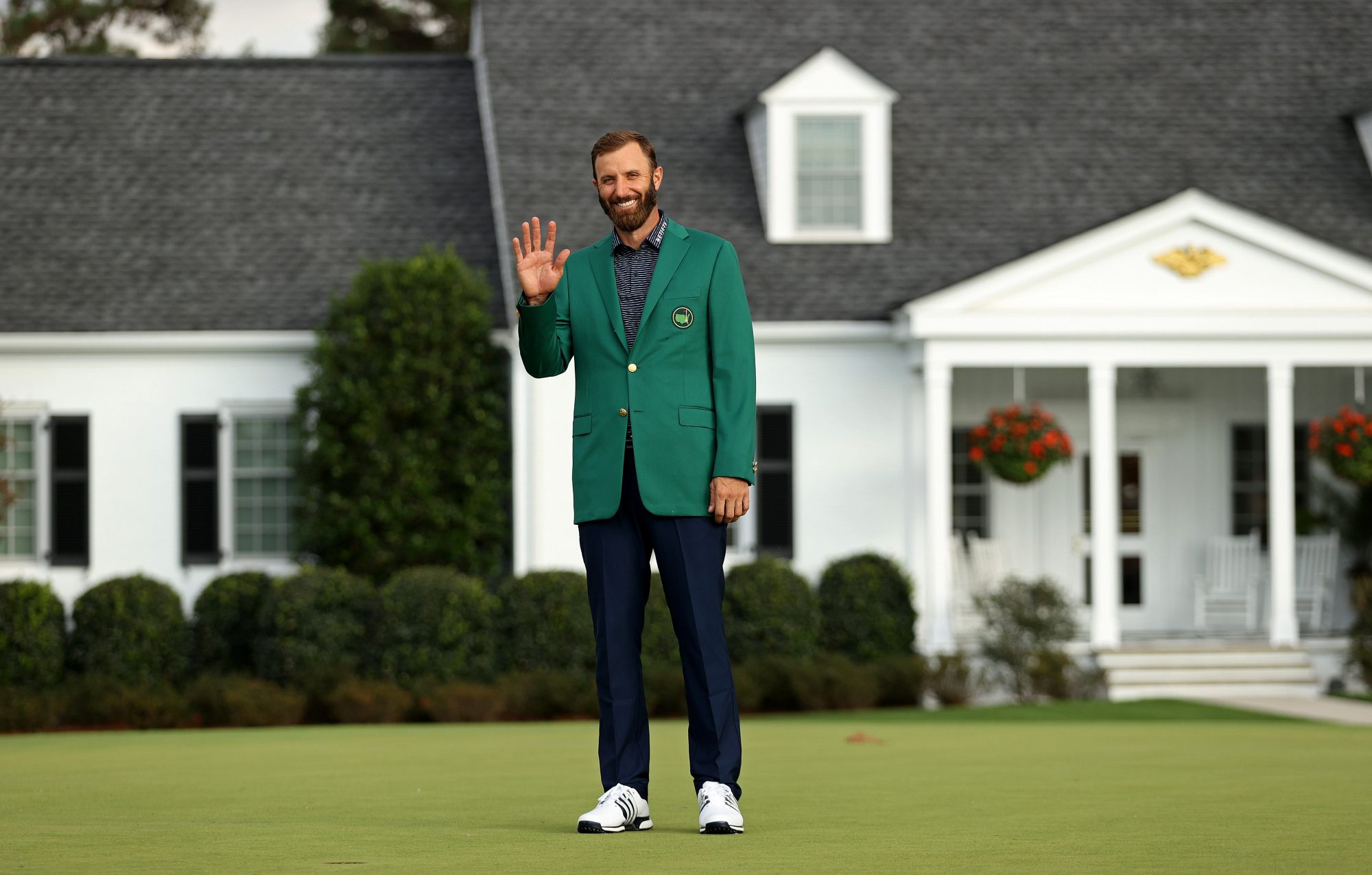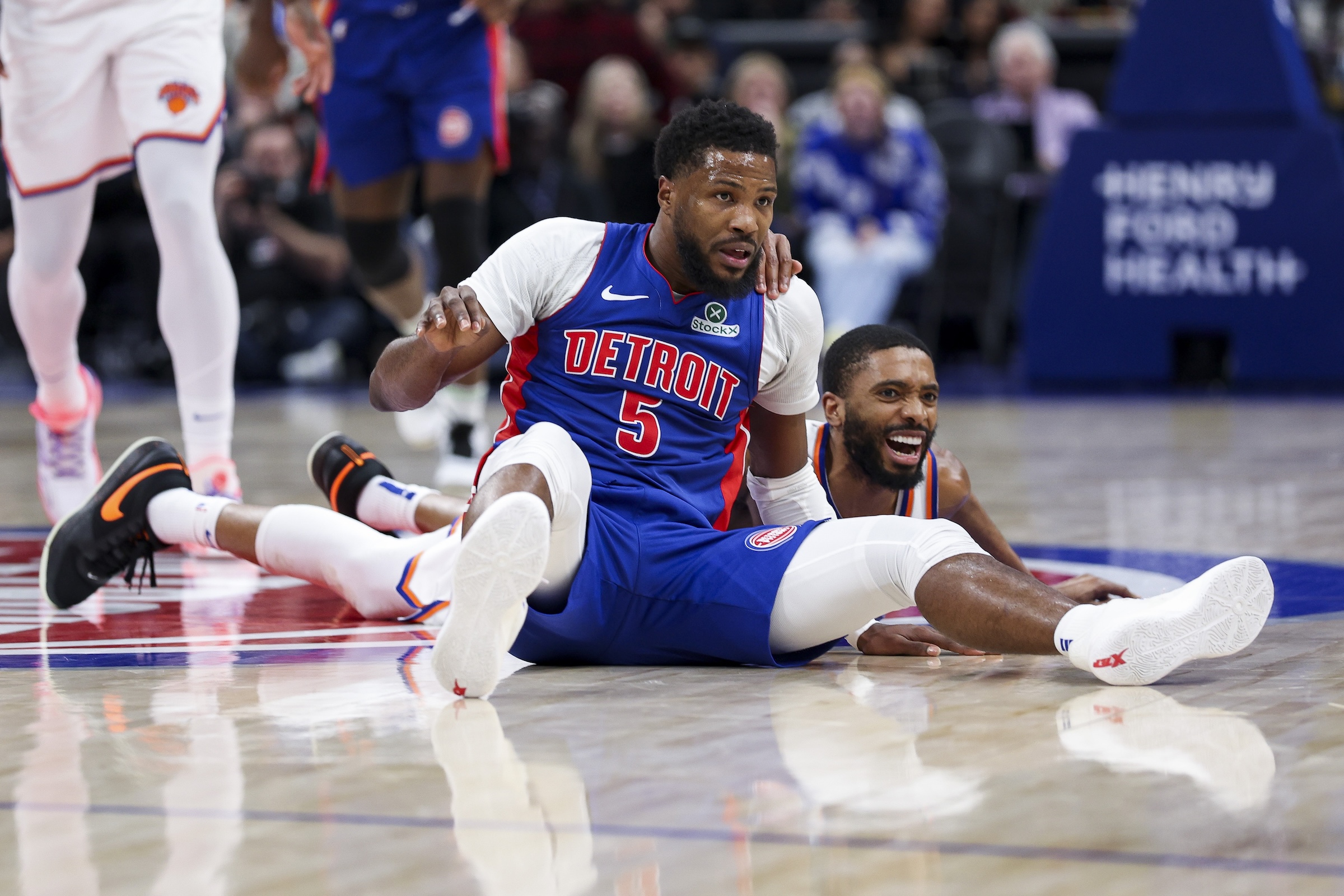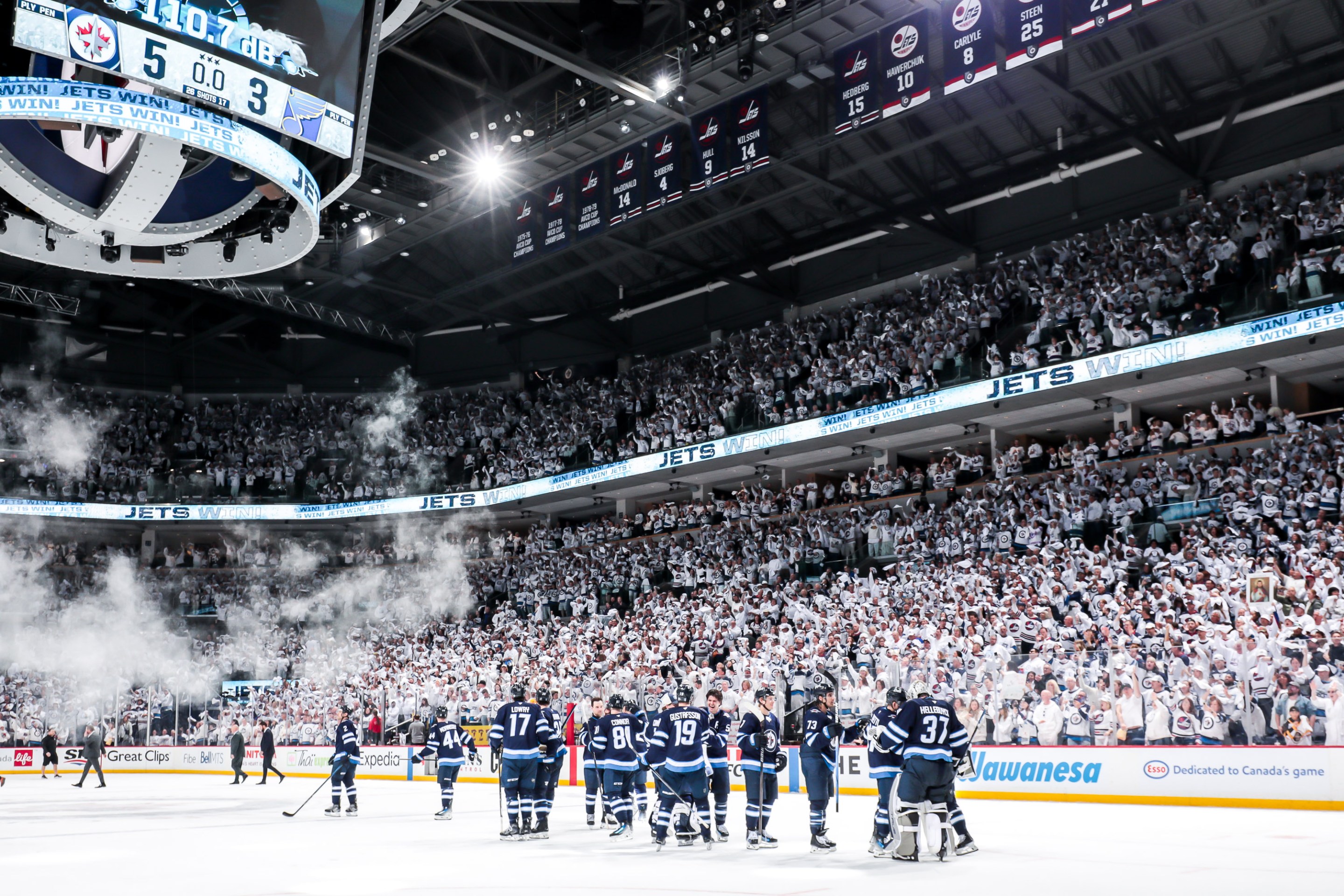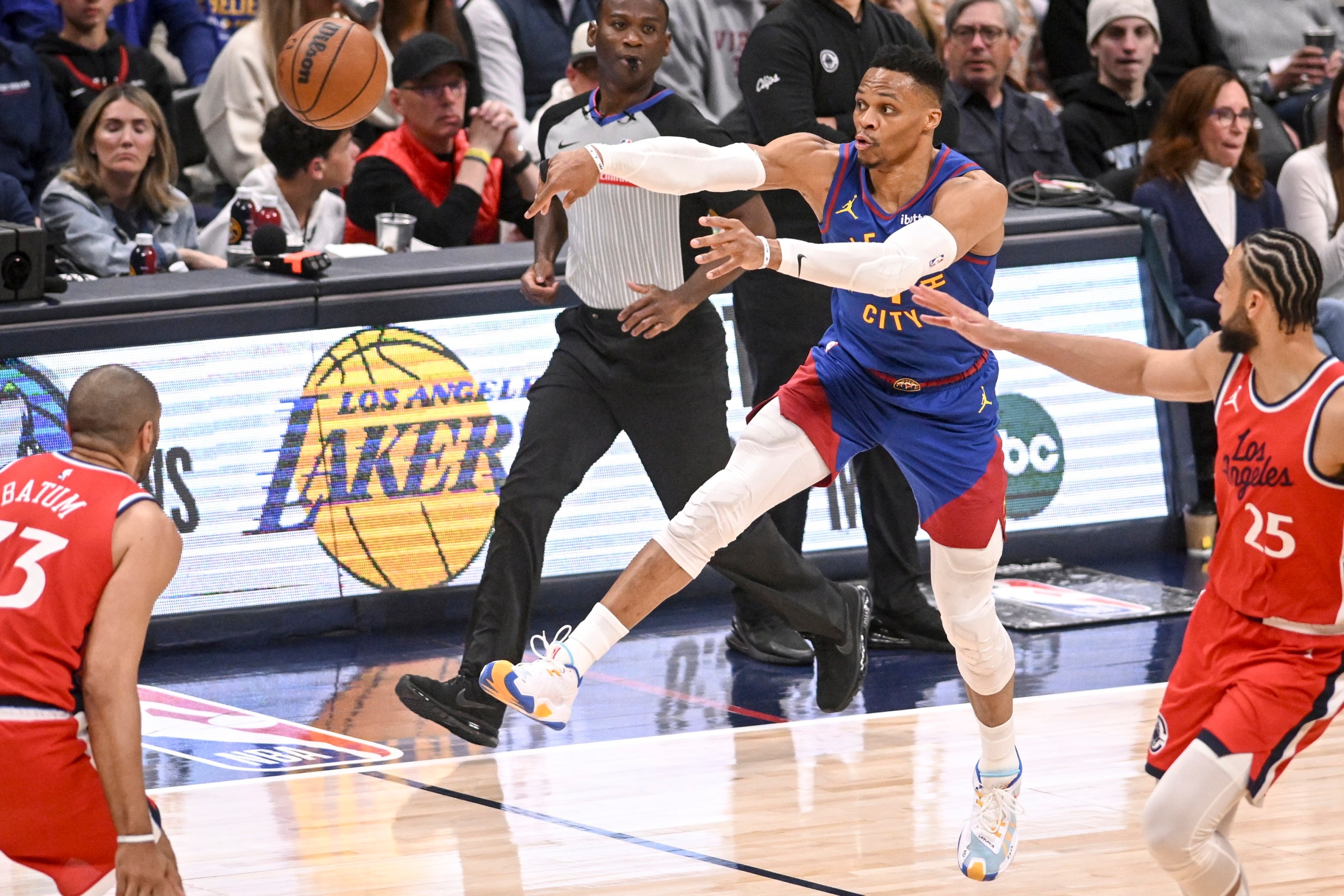Whatever else can be said of the 2020 Masters, at least by having been staged and completed the tournament preserved the continuity of an important feature of American sports. No, not the tradition of golf's signature major being held annually at Augusta National in Georgia. What the Masters continued is the unbroken run of reshaped and rescheduled sports events losing huge chunks of their television audiences in pandemic times. Roughly no one watched the Masters this year.
Many have endeavored to explain this phenomenon. Some of these explanations have been smart and earnest. Some of them have been disingenuous and deeply cynical. Some of them have even been issued from the well beneath a carnival outhouse, while the issuer absolutely chows down on a diet of warm human feces. Gross!
It will never be possible to describe with 100 percent accuracy what accounts for U.S. viewers watching way less live sports on television in 2020. It would make sense to predict that millions of people forced to spend way more time stuck inside than in a normal year would watch way more live televised sports, but here we are. It turns out that a public so desperate for a return to normalcy that it has taken to chugging liquid coronavirus doesn't actually give much of a shit about a Masters tournament held a couple weeks before Thanksgiving. That, by all evidence, is a gesture at normalcy that most sports-watchers can do without.
I would therefore like to propose my own explanation for the decline in sports television ratings. Instead of hunting around for things that are either preventing viewers from tuning in (important real-world goings-on, competing sports events, the need to forage for nuts and berries pretty much around the clock because your entire industry has been sacrificed at the altar of late-stage capitalism) or are inspiring viewers to actively turn away (that people who play basketball for a living have not taken a sufficiently forceful position on geopolitical turmoil on the literal other side of the globe), I would like to suggest that people by and large simply do not particularly give a shit about watching sports on television. Or at least they do not care so much about it that they will dutifully consume televised sports at any time and place that such consumption is called for. Moreover, I would like to suggest that this is in fact a good and healthy thing.
Take, for example, the Kentucky Derby. The race is traditionally run on the first Saturday of May, and is part of the annual changing of the seasons in North America. Mint juleps, big silly hats, and summery dresses are all part of the seasonal ambience of the event. This year it was held in September, and no one gave a crap. That is because no one who is not a huge fan of horse-racing gives a crap about a random September race in Louisville. That there are horses and they run together at a particular track in Louisville is not what makes it the Kentucky Derby. What makes it the Kentucky Derby—the canonical Kentucky Derby—is that it is like all the Kentucky Derbies to come before it. You can hold a horserace at Churchill Downs in September, and you can call it whatever you like, but if it is not part of its season, if it does not fit into its part of the calendar, if it is unlike all the Kentucky Derbies in history, it is just a horserace. And nobody gives a shit about horse-racing.
So it is with the Masters. If you are the sort of person who will always have golf on the television on the weekend—if you are my grandfather—you will have a November golf tournament held at Augusta National on your television as you move through your weekend. If you are anyone else, a random golf tournament in November is not The Masters any more than a January evening spent wearing costumes and knocking on your neighbors' doors asking for candy is Halloween. When I try to celebrate Second Halloween I almost always end up in jail. Why should it be any different for people dressing up in green jackets and pretending that some shit that happens at a country club in November is The Masters? It should not.
Healthy people who do not care too much about sports do not follow individual sports closely enough to know or remember where a rescheduled annual niche event lands on the calendar in a one-off pandemic year. They also do not care enough about the game itself—golf as golf, without the juice that comes from heralding the return of spring and the months to come of blissfully un-urgent warm-weather sports—to tune in for a random blustery autumn weekend of action, no matter the color of the jacket eventually handed to the winner. Healthy people, even when pinned inside by a global crisis, have plenty of perfectly fine ways to spend a weekend, and for many of them those do not include trying to make sense of the golf landscape in order to squeeze narrative significance out of Dustin Johnson cruising to a win in damn mid-November.
People do not require a reason to not tune in. All year long they are not tuning in. They tune in for The Masters because it is The Masters. When it is not The Masters, they resume not tuning in.
When sports are on, when they make sense to be on, when they fit into the part of a person's year that has by tradition been oriented to include this or that sporting event, people are happy to tune in. When sports are randomly smushed into other parts of the calendar, when they are contorted to include fewer teams, fewer games, less travel, more playoff teams, when they feature stilted and lifeless broadcasts, people care a little bit less. When people care a little bit less, they don't watch as much. If this is a problem for sports leagues, so be it. It's good news for the rest of us. It says good things about our lives and our priorities and so forth, that we can find other things to do with our time, and that we are not, collectively, an always-available audience, ready to plop down on our couches and ravenously consume all manner of cockeyed sports contests simply because they have been presented to us. Pat yourself on the back! You're doing swell.






